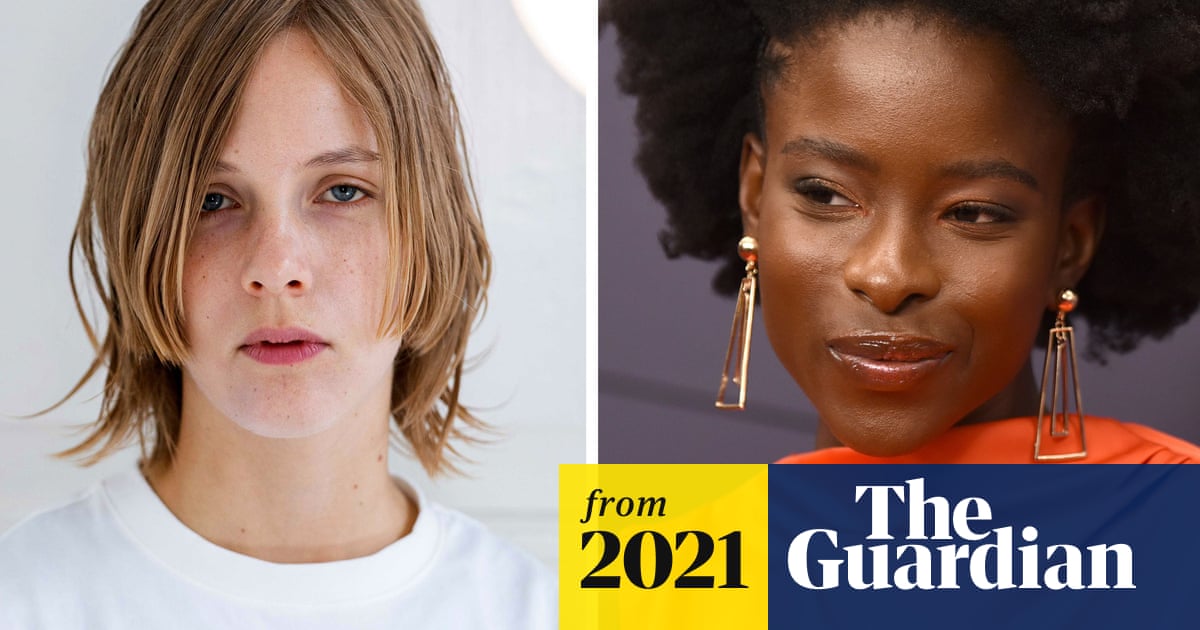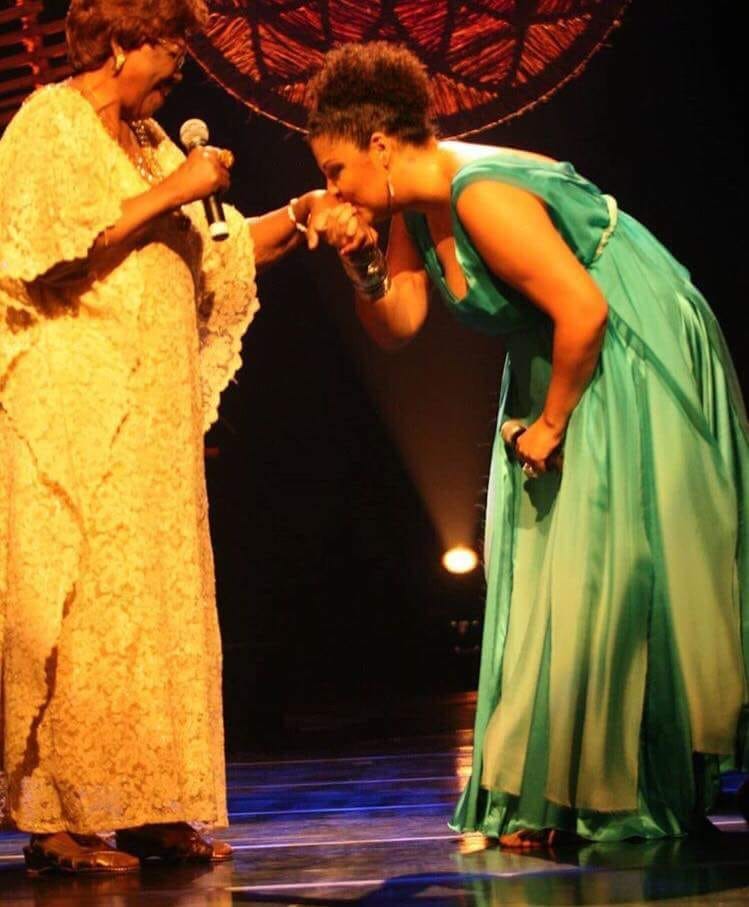Here are two poems. One from each poet.
Marieke Lucas Rijneveld
Grief Eaters
Translated by
Sarah Timmer Harvey
While one has never known what makes him
morose, the other is
morose because of everything
he knows and wishes he didn’t, I sit
here on my
mattress in the late afternoon with bubble solution
in my
hands, see in every soapy bubble myself
mirrored and then shattered,
there are so many
versions of my being, but not one that lingers.
Beside me is an open diary and between some of the
pages are
silverfish that come not after moisture,
but for the grief. A question:
can you search for a
father figure if you’ve never had a role model, if
hankering is mistaken for approval? A figure that
can be outlined on
a piece of paper: Papa has been
searching for a daughter for years,
when he sees me,
he sees only the contours and descriptions of the
ideal measurements.
But just like crayons these add colour and say
nothing about what
fills it, words, touches. Page
three April 2007, my first kiss with a real
man,
pertinent discoveries; tonguing is something other
than rolling
honey drops around your mouth, and
mama’s de-worming drink
does nothing for the
tingling in my underbelly.
Once saliva had been exchanged, I seemed suddenly
two heads taller,
as though I had drawn him inside
to form a part of my mind, hey
Sweetiesweet I
thought often, but never said. I dreamt of the sea
and
of his blue eyes, how clichéd and not even blue
enough to write home
about or have anything in
common with a lake in France, just a t-shirt
that’s
been too often through the wash.
Silverfish are wriggling over a photo of him that has
yellowed from
the long nights I lit it beneath my
blankets with a torch, my mouth pressed against my
forearm and moving around, thinking of an ice
cream but without the cream, just a cone, hollow
enough to push your
tongue inside so that no one
could see you were practicing, boiling days.
Papa says that practice bears perfection and I think
if I keep my arms
separated and wide apart that one
day a daughter will come out of me.
I would then
wake him and whisper: practice bore a daughter,
now you
try for a father. I’d lay my head between his
hands where I once
perfectly fit, for a moment
forgetting that in every touch doubt lives
just as all bubbles hide a breath and an
afterthought. If I could only
make detergent from
my grief, open my window and blow all worries
out
into the city, just fly I would call – and wish them all
the best,
watch them leaving damp patches behind
and everyone will think it
has been raining; indeed,
it has been raining and now it is dry.
Amanda Gorman
The Hill We Climb
When day comes we ask ourselves,
where can we find light in this never-ending shade?
The loss we carry,
a sea we must wade
We've braved the belly of the beast
We've learned that quiet isn't always peace
And the norms and notions
of what just is
Isn’t always just-ice
And yet the dawn is ours
before we knew it
Somehow we do it
Somehow we've weathered and witnessed
a nation that isn’t broken
but simply unfinished
We the successors of a country and a time
Where a skinny Black girl
descended from slaves and raised by a single mother
can dream of becoming president
only to find herself reciting for one
And yes we are far from polished
far from pristine
but that doesn’t mean we are
striving to form a union that is perfect
We are striving to forge a union with purpose
To compose a country committed to all cultures, colors, characters and
conditions of man
And so we lift our gazes not to what stands between us
but what stands before us
We close the divide because we know, to put our future first,
we must first put our differences aside
We lay down our arms
so we can reach out our arms
to one another
We seek harm to none and harmony for all
Let the globe, if nothing else, say this is true:
That even as we grieved, we grew
That even as we hurt, we hoped
That even as we tired, we tried
That we’ll forever be tied together, victorious
Not because we will never again know defeat
but because we will never again sow division
Scripture tells us to envision
that everyone shall sit under their own vine and fig tree
And no one shall make them afraid
If we’re to live up to our own time
Then victory won’t lie in the blade
But in all the bridges we’ve made
That is the promised glade
The hill we climb
If only we dare
It's because being American is more than a pride we inherit,
it’s the past we step into
and how we repair it
We’ve seen a force that would shatter our nation
rather than share it
Would destroy our country if it meant delaying democracy
And this effort very nearly succeeded
But while democracy can be periodically delayed
it can never be permanently defeated
In this truth
in this faith we trust
For while we have our eyes on the future
history has its eyes on us
This is the era of just redemption
We feared at its inception
We did not feel prepared to be the heirs
of such a terrifying hour
but within it we found the power
to author a new chapter
To offer hope and laughter to ourselves
So while once we asked,
how could we possibly prevail over catastrophe?
Now we assert
How could catastrophe possibly prevail over us?
We will not march back to what was
but move to what shall be
A country that is bruised but whole,
benevolent but bold,
fierce and free
We will not be turned around
or interrupted by intimidation
because we know our inaction and inertia
will be the inheritance of the next generation
Our blunders become their burdens
But one thing is certain:
If we merge mercy with might,
and might with right,
then love becomes our legacy
and change our children’s birthright
So let us leave behind a country
better than the one we were left with
Every breath from my bronze-pounded chest,
we will raise this wounded world into a wondrous one
We will rise from the gold-limbed hills of the west,
we will rise from the windswept northeast
where our forefathers first realized revolution
We will rise from the lake-rimmed cities of the midwestern states,
we will rise from the sunbaked south
We will rebuild, reconcile and recover
and every known nook of our nation and
every corner called our country,
our people diverse and beautiful will emerge,
battered and beautiful
When day comes we step out of the shade,
aflame and unafraid
The new dawn blooms as we free it
For there is always light,
if only we’re brave enough to see it
If only we’re brave enough to be it
I like this one stanza of Marieke Lucas poem:
Papa says that practice bears perfection and I think
if I keep my arms
separated and wide apart that one
day a daughter will come out of me.
I would then
wake him and whisper: practice bore a daughter,
now you
try for a father. I’d lay my head between his
hands where I once
perfectly fit, for a moment
forgetting that in every touch doubt lives.
The other is sincere, corny, juvenalia appropriate to the occasion for which it was written. I must admit, it choked me up when Gorman read it at the inauguration.

 www.theguardian.com
www.theguardian.com


